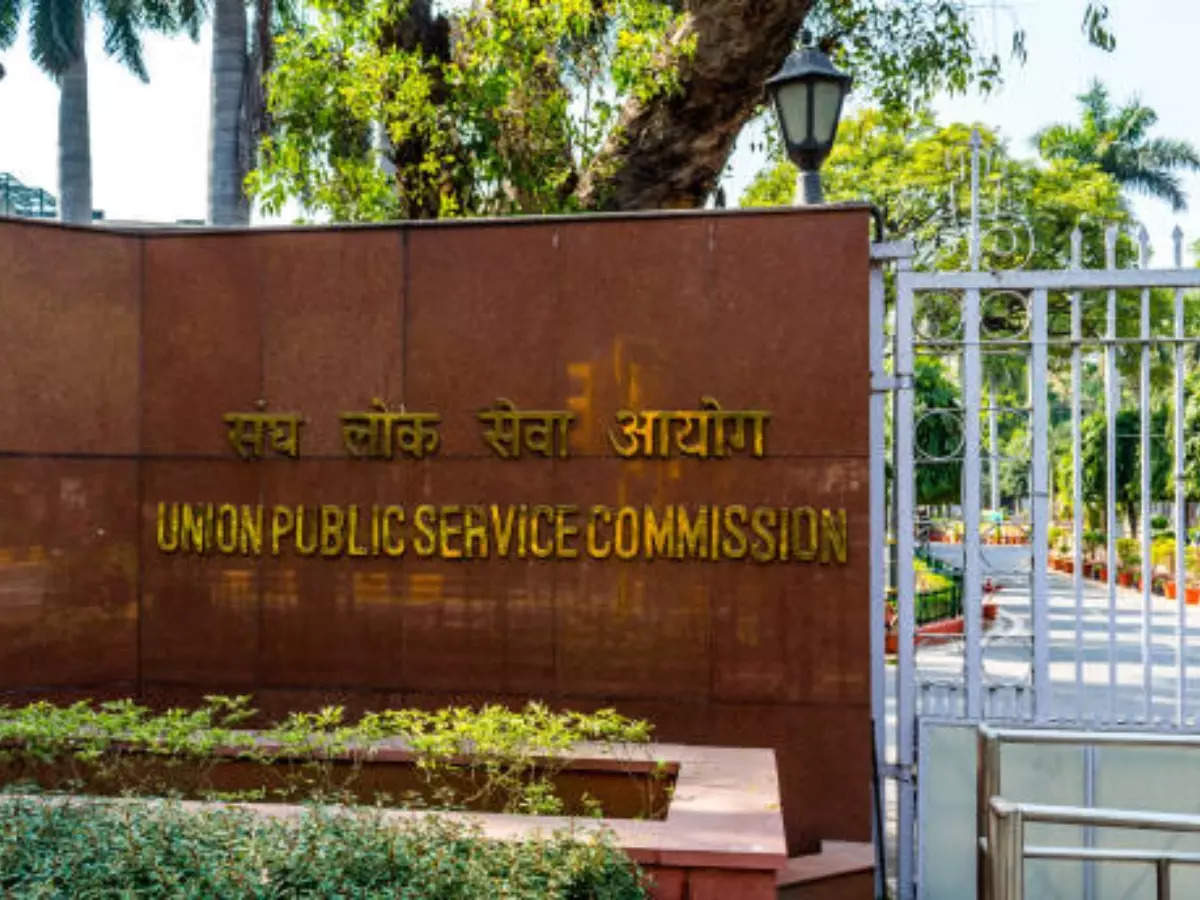The UPSC Mains is the second stage of the Civil Services Examination (CSE), conducted by the Union Public Service Commission (UPSC). It is a written test that is conducted over a period of five days, and consists of nine papers, each carrying 250 marks, in varying domains.
There are 9 papers in the Mains exam— Paper-A (Compulsory Indian Language); Paper-B (English) which are qualifying in nature, while the other papers like Essay, General Studies Papers I, II, III, and IV, and Optional Papers I and II.
When it comes to UPSC Mains examinations, one of the most critical aspects that aspirants often grapple with is time management. Efficient time management is a crucial aspect of success in the UPSC Mains exam. It is not merely about allocating a fixed time to each question but also prioritising questions based on your strengths and weaknesses.
The UPSC Mains exam is known for its in-depth and open-ended questions on an extensive syllabus. The examination, on an average comprises 20 questions to be answered in 3 hours roughly making it to an average of 9 minutes per question. However, it is evident that a uniform time allocation may not be the most effective approach. Here are strategies that can help manage your time efficiently while you attempt the UPSC Mains paper.
Prioritise questions
There are 9 papers in the Mains exam— Paper-A (Compulsory Indian Language); Paper-B (English) which are qualifying in nature, while the other papers like Essay, General Studies Papers I, II, III, and IV, and Optional Papers I and II.
When it comes to UPSC Mains examinations, one of the most critical aspects that aspirants often grapple with is time management. Efficient time management is a crucial aspect of success in the UPSC Mains exam. It is not merely about allocating a fixed time to each question but also prioritising questions based on your strengths and weaknesses.
The UPSC Mains exam is known for its in-depth and open-ended questions on an extensive syllabus. The examination, on an average comprises 20 questions to be answered in 3 hours roughly making it to an average of 9 minutes per question. However, it is evident that a uniform time allocation may not be the most effective approach. Here are strategies that can help manage your time efficiently while you attempt the UPSC Mains paper.
Prioritise questions
- Begin by dedicating the initial five minutes to reviewing all the questions.
- Next, select 16-17 questions that you are confident in and truly understand.
- Set aside the final 20 minutes exclusively for these chosen questions.
- The rationale behind this strategy is that these particular questions may demand less time individually, giving you the opportunity to earn more points. You can allocate just five minutes to each, which leaves you with more time for the questions you excel in.
Divide the paper into parts
- Divide your time: break down your three-hour exam into six equal 30-minute segments.
- Set clear goals: before you begin, establish specific targets for each 30-minute block.
- Example: If you’re dealing with 10-mark questions, aim to tackle at least four questions within 30 minutes. For 15-mark questions, set a target of three questions in the same timeframe.
- Stay flexible: if you notice that you’ve spent 26 minutes and haven’t met your target, make adjustments to ensure you can complete the additional question in the remaining 4-5 minutes.
- Benefits of this approach: this method helps you stay organised and avoids the last-minute rush when you have multiple questions to answer.
Sequence answers strategically
- Establishing an impression: your initial responses, addressing questions 1-5, shape the examiner’s initial perception.
- Achieving excellence: your writing is often at its best in these initial answers.
- Transitioning smoothly: progress to questions 11-20 for the next phase.
- Concluding with impact: reserve questions 6-10 for the closing phase.
- Gaining a Tactical Advantage: this sequence strategically highlights your strongest responses early on, leaving a positive and lasting impression on the examiner.
Don’t leave questions unanswered
- Unanswered Questions are Costly: Effective time management means tackling every question, even when uncertainty looms. Avoid leaving any question completely blank.
- Partial Credit Strategy: When in doubt, jot down key points, employ diagrams or tables if applicable, and strive for partial credit. Abandoning a question ensures zero marks, but making an effort boosts your likelihood of earning points.
Adapt to changing writing speed in exams
- Recognize Variability: Understand that your thinking and writing speed can fluctuate during the exam. It may start slower but can pick up pace as you go along.
- Plan for Adjustments: Be ready to adapt your time management to this variability.
- Strategic Start: Keep in mind that examiners often form their first impressions based on your initial answers. Starting strong can be to your advantage.
- Positive Impact: If you begin well and then encounter challenging questions, the positive impression from your initial performance can work in your favour.


